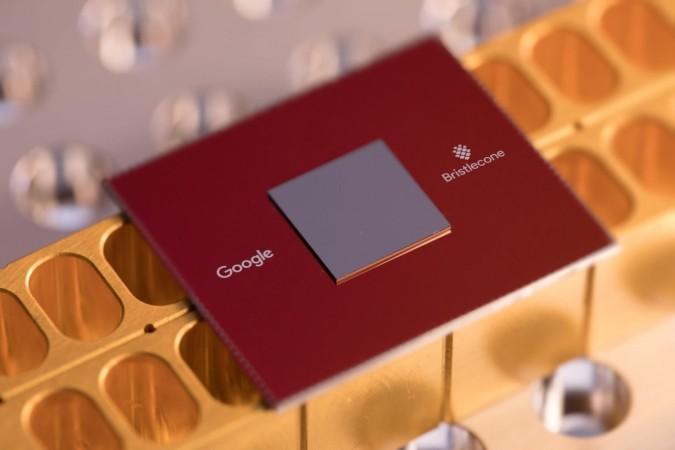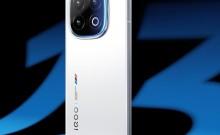
Google has unveiled its new quantum computing processor called Bristlecone and it is expected to help the search engine giant achieve "quantum supremacy" in the future. The company believes that the new 72-qubit chip will be able to outdo the classical supercomputers that are based on silicon processor designs.
Quantum supremacy refers to the state in which a quantum computer can outperform a classical supercomputer on a well-defined computer science problem with low enough error. Although many other tech giants like IBM, Microsoft and Intel are also heavily investing to build practical quantum computers, no one has so far achieved the goal of quantum supremacy.
In 2014, Google demonstrated a nine-qubit chip with one percent readout error rates, 0.1 percent errors for single qubit gates and 0.6 percent errors for two-qubit gates. The new 72-qubit chip, which uses the same scheme for coupling, control and readout to "preserve the underlying physics" of its predecessor, is expected to provide a testbed for research into error rates and scalability, "as well as applications in quantum simulation, optimization, and machine learning."
Qubits are the basic units in quantum computing that hold bits of information. Unlike traditional computers that store information as either 1 or 0, qubits can be a combination of 0 and 1 at the same time.
According to Google, quantum supremacy can be comfortably demonstrated with 49 qubits and a two-qubit error below 0.5 percent. The company is now working on to achieve similar performance across all 72 qubits of Bristlecone, a successful implementation of which will turn the processor into "a compelling proof-of-principle for building larger scale quantum computers."
"We are cautiously optimistic that quantum supremacy can be achieved with Bristlecone," Google research scientist Julian Kelly said in a statement. "We look forward to sharing the results and allowing collaborators to run experiments in the future."
In November 2017, IBM announced that it had developed a quantum computing system that can handle 50 qubits. The company also announced the making of a 20-qubit quantum system, which is available through its cloud computing platform. In both 50- and 20-qubit systems, the researchers were able to preserve the quantum state for 90 microseconds.
















